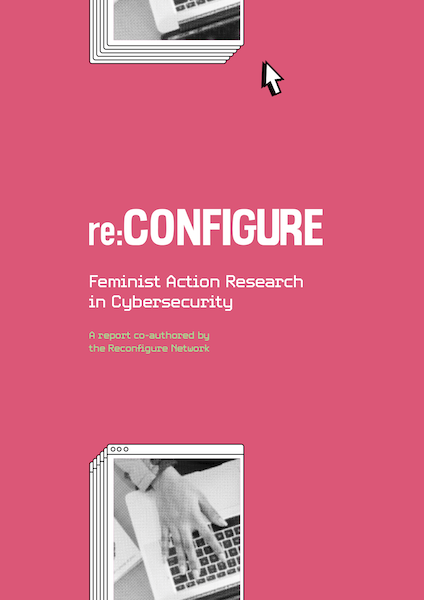
Dr Julia Slupska
Former DPhil Student
Julia Slupska was a doctoral student at the Centre for Doctoral Training in Cybersecurity and the Oxford Internet Institute. Julia previously graduated from the LSE and the OII.

The pandemic has seen an increase in online crime, with scams, phishing, and ransomware targeting remote works. Online abuse aimed at women, particularly women from Black and minority backgrounds, has continued to rise. Among all these, it is key that online security is open and accessible to all.
The Reconfigure project takes on this task by aiming to build a more cyber-aware society with users rather than in spite of them. It asks: ‘how is cybersecurity different when it starts from ordinary citizens’ concerns?’ The Reconfigure Network ran a 10-month pilot study applying “action research” methods to cybersecurity. This included a series of community workshops which invited participants to define their own cybersecurity threats, implement changes to protect themselves, and reflect on the role cybersecurity played in their lives. This report sets out findings from those workshops.